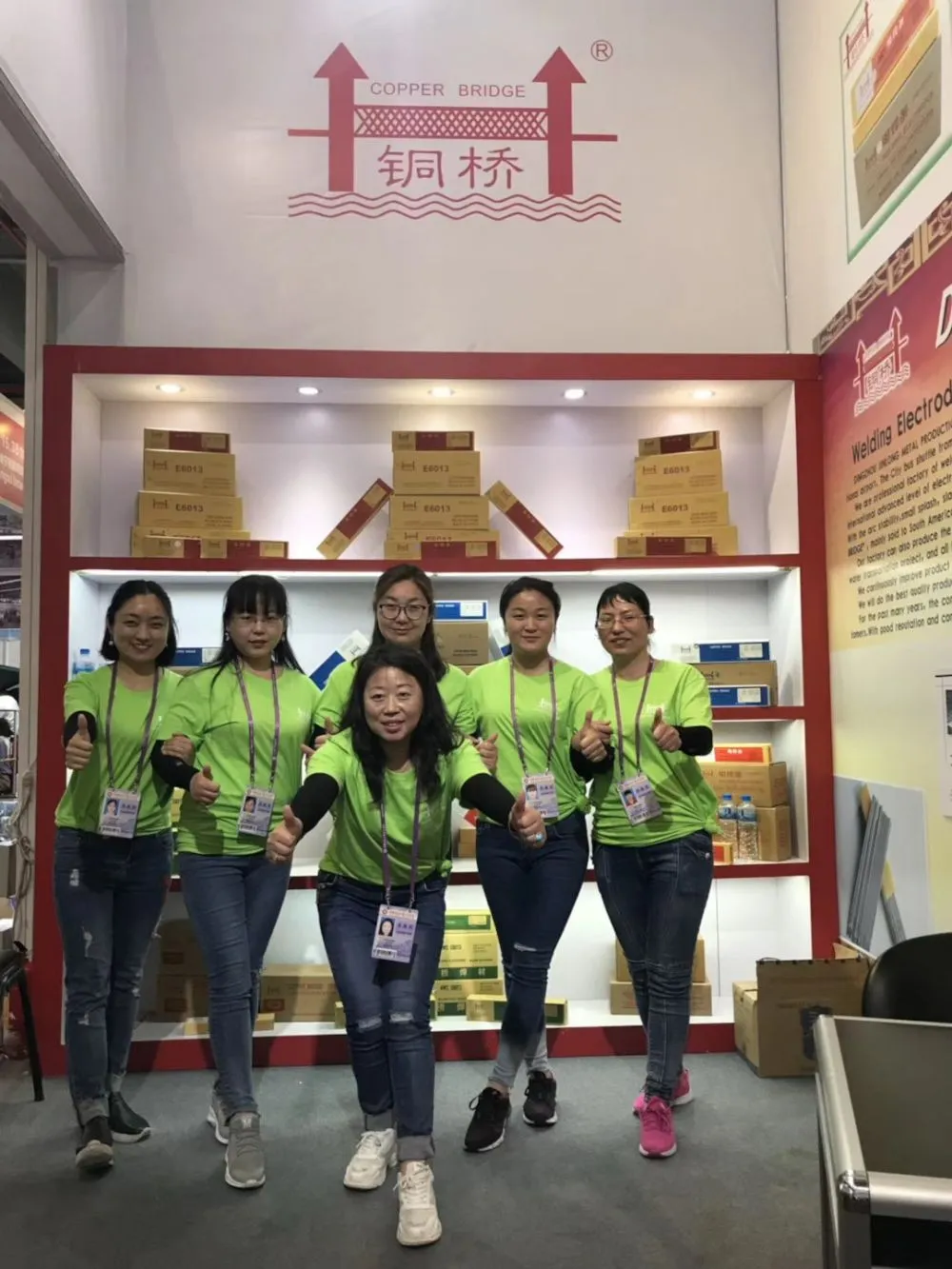" title=''>
2025-08-13 11:53Read1664Visitors
...
Cast iron welding rod is a welding rod used for cast iron, characterized by high strength and good plasticity. It is suitable for gray cast iron and ductile iron, and can be machined.
Cast iron is usually classified according to the distribution of carbon in cast iron, and can generally be divided into white cast iron, gray cast iron, ductile cast iron, vermicular cast iron and malleable cast iron. Due to the high carbon content, uneven structure, low plasticity and poor weldability of cast iron, it is very easy to produce defects such as white cast iron, cracks and pores during welding. Special attention should be paid to the selection of welding process and welding materials during welding. For welding rod arc welding, it can basically be divided into two categories, one is the homogeneous weld type, namely cast iron type; the other is the heterogeneous weld type such as: steel (carbon steel or alloy structural steel, etc.), pure Ni (pure nickel 308), Ni-Fe (nickel iron 408), Ni-Cu (nickel copper 508), Ni-Fe-Cu, Fe-Cu, etc. When selecting welding rods, you can choose according to different cast iron materials, different cutting requirements, different service conditions and importance, different structural characteristics, stiffness, etc.
...
...
...
Beyond products, distinguished suppliers focus on the comprehensive experience they offer. The welding ecosystem is expansive, and competent suppliers offer valuable technical support, either through in-person consultations or virtual assistance. Their service encompasses detailed guidance on electrode handling, storage solutions to prolong electrode lifespan, and troubleshooting common issues like porosity or slag inclusions in welds.
...
Welding, a foundational technique across many industries, demands equipment that boasts consistency and longevity. This is where Chinese welding electrodes make their mark. With over two decades of experience in manufacturing, China offers a product line that prioritizes quality and precision. Many factories have achieved ISO certifications, underscoring their commitment to international standards. This not only ensures that the electrodes produced are of superior quality but also establishes trust with an international clientele.
...
In summary, choosing a competent welding electrodes manufacturer requires a comprehensive approach evaluating Experience, Expertise, Authoritativeness, and Trustworthiness. By prioritizing these factors, businesses can secure reliable partners who deliver quality products and services that contribute to long-term success in their welding endeavors.
...
When it comes to achieving precision in welding, especially for high-stress applications, submerged...
The innovation aspect is critical. Leading manufacturers continually invest in research and development to create products that are not only effective but also environmentally sustainable. Innovations like low-spatter, easy-slag removal, and versatile alloy compositions are some examples of how manufacturers strive to enhance welding efficiency and environmental compliance. This commitment ensures that welding electrodes not only enhance productivity but also minimize waste, reduce fume emissions, and offer improved operational safety—a testament to the manufacturer’s trustworthiness and dedication to sustainable practices.
...
Choosing the right welding rod is crucial for ensuring the quality and strength of a weld. Among the...
Expertise involves both the technological innovation behind the electrodes and the specialized knowledge that a manufacturer offers. High-quality manufacturers invest in research and development to improve electrode composition and performance. They provide electrodes that accommodate different welding processes, such as MIG, TIG, and stick welding. This expertise translates into enhanced performance in areas like arc stability, deposition rate, and spatter control, ultimately resulting in superior weld quality.

Expertise involves both the technological innovation behind the electrodes and the specialized knowledge that a manufacturer offers. High-quality manufacturers invest in research and development to improve electrode composition and performance. They provide electrodes that accommodate different welding processes, such as MIG, TIG, and stick welding. This expertise translates into enhanced performance in areas like arc stability, deposition rate, and spatter control, ultimately resulting in superior weld quality.

Subject-matter expertise is critical, and reputable manufacturers often contribute to industry standards and educational initiatives, further cementing their authority. They engage in collaborative ventures with academic institutions and industry associations, fostering a culture of shared knowledge and progress. Through seminars, workshops, and publications, these manufacturers disseminate valuable insights and advancements within the welding community, thus positioning themselves as pillars of authority.